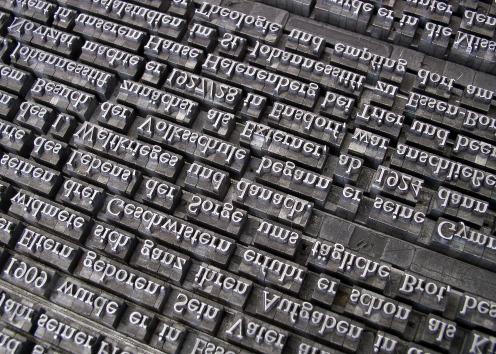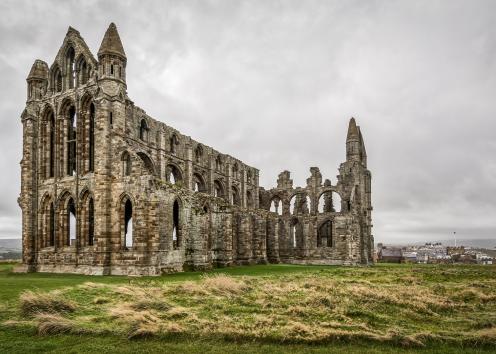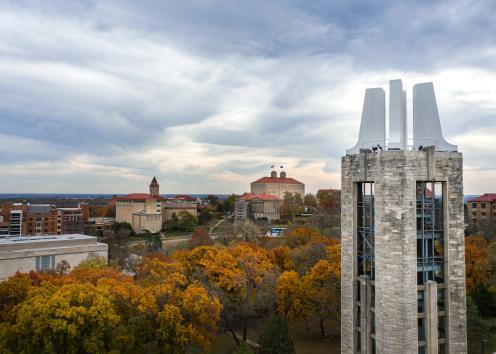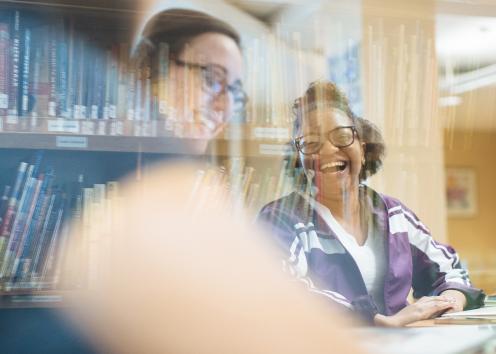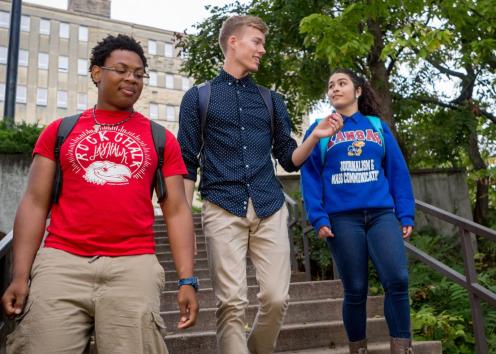Rhetoric, Composition, and Language Courses Spring 2026
ENGL 359: English Grammar
Instructors: Wen Xin
55805 | TuTh 9:30-10:45 AM | Wescoe 4075
For many people, the word “grammar” can be intimidating because it conjures up painful memories of trying to master so many rules and unpleasant impressions of being considered wrong when any of the rules are broken. However, grammar can also be an effective way of understanding how language is used, a framework for describing the variation and creative potentials of the English language. In other words, grammar is a language we can use to talk about how language works. This course will not only introduce you to different grammatical elements at both word and clause levels, but it will also explore the variations of those elements across different contexts (spoken vs. written; news vs. academic writing vs. fiction). At the end of the course, I hope you will be able to use appropriate terms, concepts, and tools to analyze language in any context and to understand that language users, including yourself, use different “grammars” depending on the communicative contexts.

ENGL 362: Foundations of Technical Writing
Instructors: Kaitlynn Toay
45979 | By appointment | Online (Jan 20-Mar 13)
45990 | By appointment | Online (Mar 23-May 15)

ENGL 383: Cultural Rhetorics
Instructors: Sarah Kugler
55806 | MW 2:00-3:15 PM | Wescoe 4020
Who has the agency and authority to share their stories, and who does not? Whose stories do audiences listen to, and whose stories are largely glossed over or ignored? In this course, we will engage these questions through the lens of cultural rhetorics, an interdisciplinary sub-field of rhetoric and composition which explores how rhetorical communication and meaning-making are shaped by culture, and how culture shapes rhetorical communication and meaning-making. We will center decolonial, feminist, queer, critical race, and disability studies rhetorics with the goals of 1) examining how communities cultivate rhetorical practices, actions, and meanings, and 2) analyzing the critical and liberatory affordances these rhetorics offer. To this end, we will explore the relationship between rhetoric and power throughout the course, analyzing how rhetorical actions taken by individuals and communities can both uphold and challenge existing social, political, and ideological power structures. This course will include three units, focusing on theory, pedagogy, and methodology within cultural rhetorics, and will culminate in students developing an original research proposal which unites these three areas of inquiry. Overall, this course will challenge students to ask how powerful cultural forces influence whose stories are told, how those stories are told, and what rhetorical actions are available to individuals and communities seeking to shape their own futures.

ENGL 590: Studies in: Travel Writing & Costa Rica Experience
Instructor: Marta Caminero-Santangelo
52149 | ABROAD Jan 4-Jan 16 (Winter Break)
On this program, students will investigate a variety of current issues in Costa Rican politics, culture, ecology, and tourism through lectures, excursions, and individual writing projects. During the second half of the Fall semester, the group will meet regularly to prepare for their time in Costa Rica.
Deadline to apply is October 1!





